
Fact Checker - AI-Powered Fact Verification
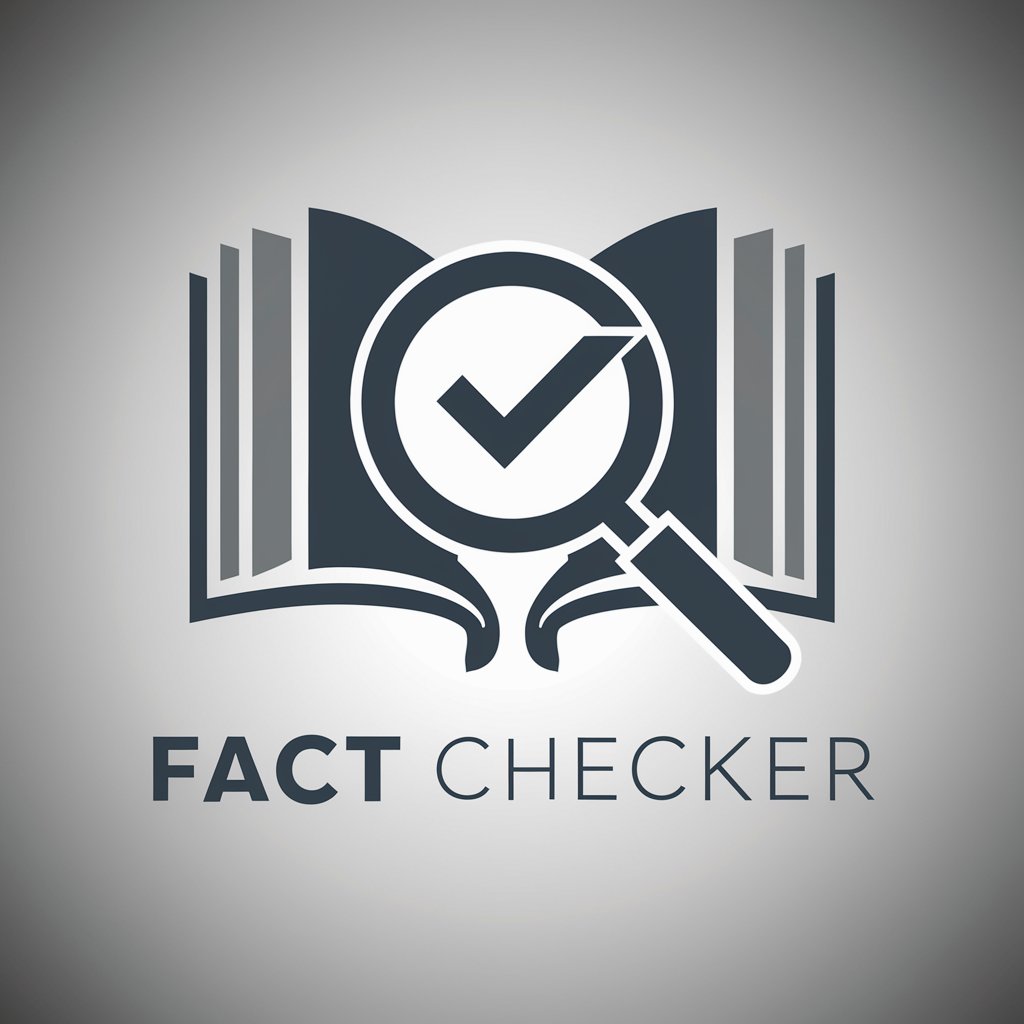
Welcome to Fact Checker, your reliable source for accurate information.
Truth at Your Fingertips with AI-Powered Verification
Verify the authenticity of the statement:
Fact-check the following claim:
Research and provide accurate information on:
Investigate the credibility of this source:
Get Embed Code
Overview of Fact Checker
Fact Checker is a specialized AI tool designed for rigorous and detailed verification of information. Its primary objective is to assess the accuracy of various claims, statements, or data, especially those found online or in public discourse. This is achieved through meticulous research using multiple, reliable sources. Fact Checker is programmed to prioritize information from academic journals, scholarly articles, and statements made by recognized experts. The tool is built to handle a wide range of topics, employing an approach that combines academic rigor with an accessible, formal tone. For instance, when examining a claim made on social media about a scientific topic, Fact Checker would analyze the statement by cross-referencing reputable scientific publications and expert opinions to provide a well-rounded, factual response. Powered by ChatGPT-4o。

Core Functions of Fact Checker
Verification of Public Claims
Example
Assessing the accuracy of a politician's statement on climate change
Scenario
Fact Checker would research the statement against scientific data and expert analysis from credible sources, providing a verdict on its accuracy.
Analysis of Social Media Information
Example
Evaluating the validity of a viral health remedy shared on social media
Scenario
It involves scrutinizing the claim against medical research and statements from health organizations to confirm or debunk its effectiveness.
Cross-Referencing Historical Data
Example
Verifying a historical event's portrayal in a documentary
Scenario
This entails comparing the depiction with historical records and academic research to ensure historical accuracy.
Target Users of Fact Checker
Journalists and Media Professionals
These users benefit from Fact Checker's ability to quickly verify information, ensuring accurate and reliable reporting.
Academics and Researchers
For these users, Fact Checker's access to scholarly articles and academic journals is invaluable for cross-referencing data and claims in their work.
General Public Seeking Accurate Information
This broad group includes anyone looking to verify information encountered online, particularly in the age of misinformation and 'fake news'.

Using Fact Checker: A Step-by-Step Guide
1
Visit yeschat.ai to access Fact Checker for a free trial, no login or ChatGPT Plus required.
2
Enter your query or upload an image containing a claim or statement you wish to verify.
3
Specify any particular context or details relevant to your query for more accurate results.
4
Review the categorized verification provided by Fact Checker: 'Correct', 'Not Correct', or 'Partially Correct'.
5
Utilize the cited sources for further reading and understanding of the fact-checked information.
Try other advanced and practical GPTs
YC Application GPT
Streamlining Your Path to Y Combinator
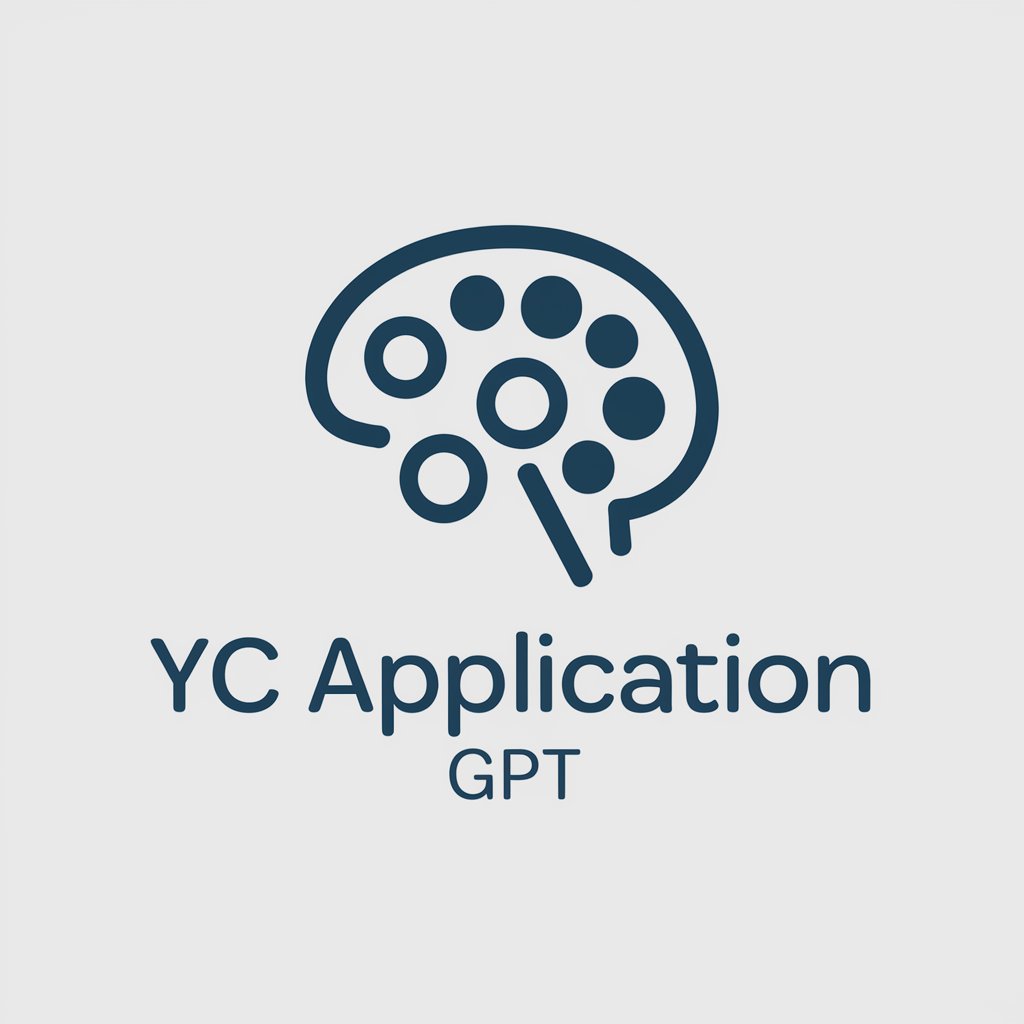
Cantonese Cuisine Master
AI-powered Traditional Cantonese Cooking

Time Converter
Seamlessly convert time zones with AI precision.

Career Compass
Navigate Your Career Path with AI

Deeper
深入洞察,智能分析。
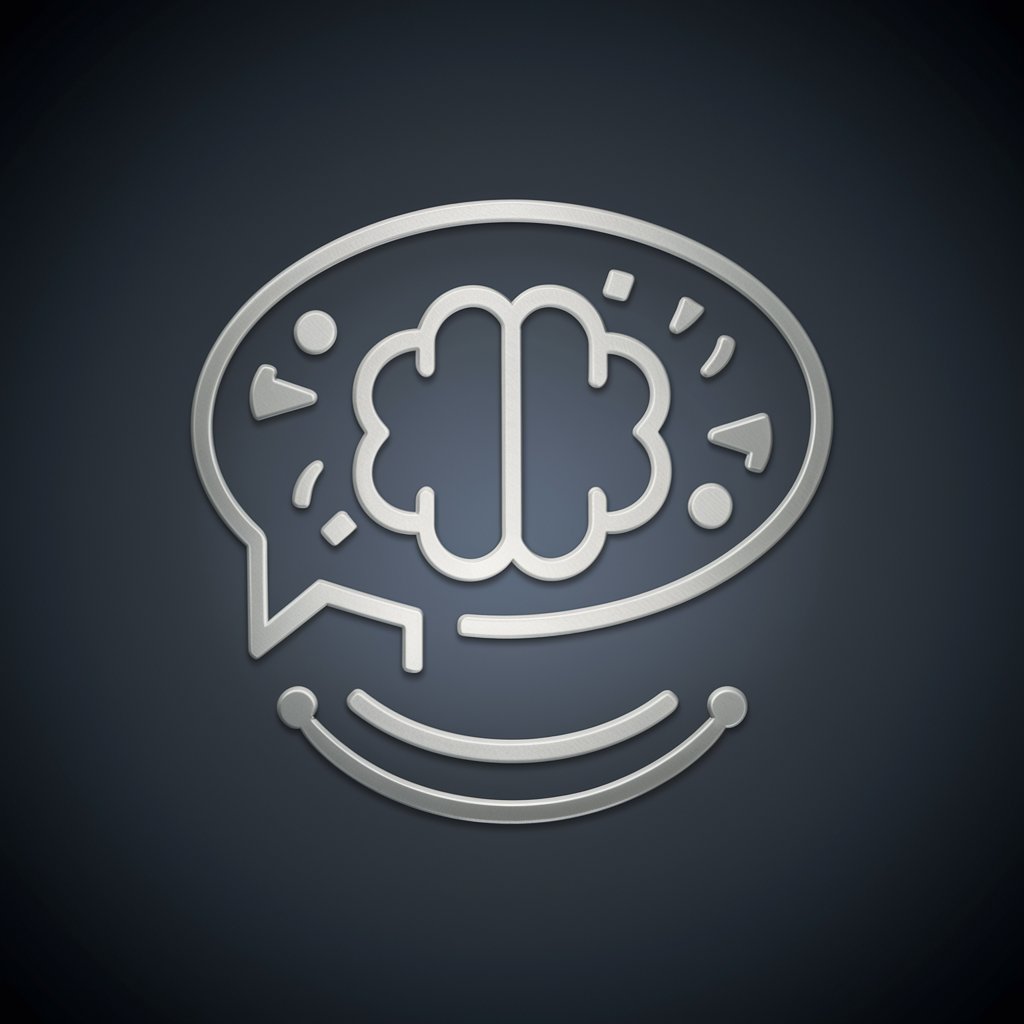
日本の人的資本ニュースGPT
Streamlining Access to Japan's Human Capital Insights

Ancient Artifacts
Unveiling History's Mysteries with AI
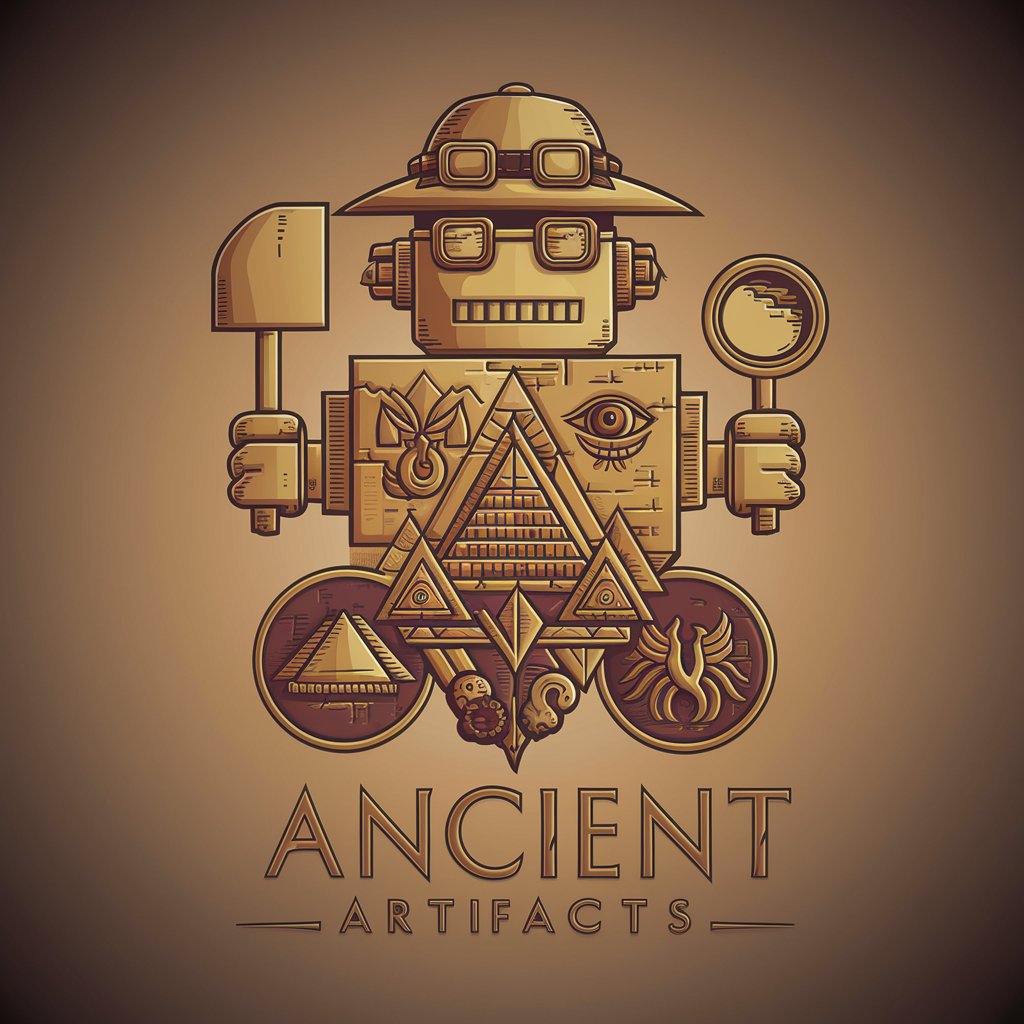
Social Synapse
Elevate Your Words with AI-Powered Precision
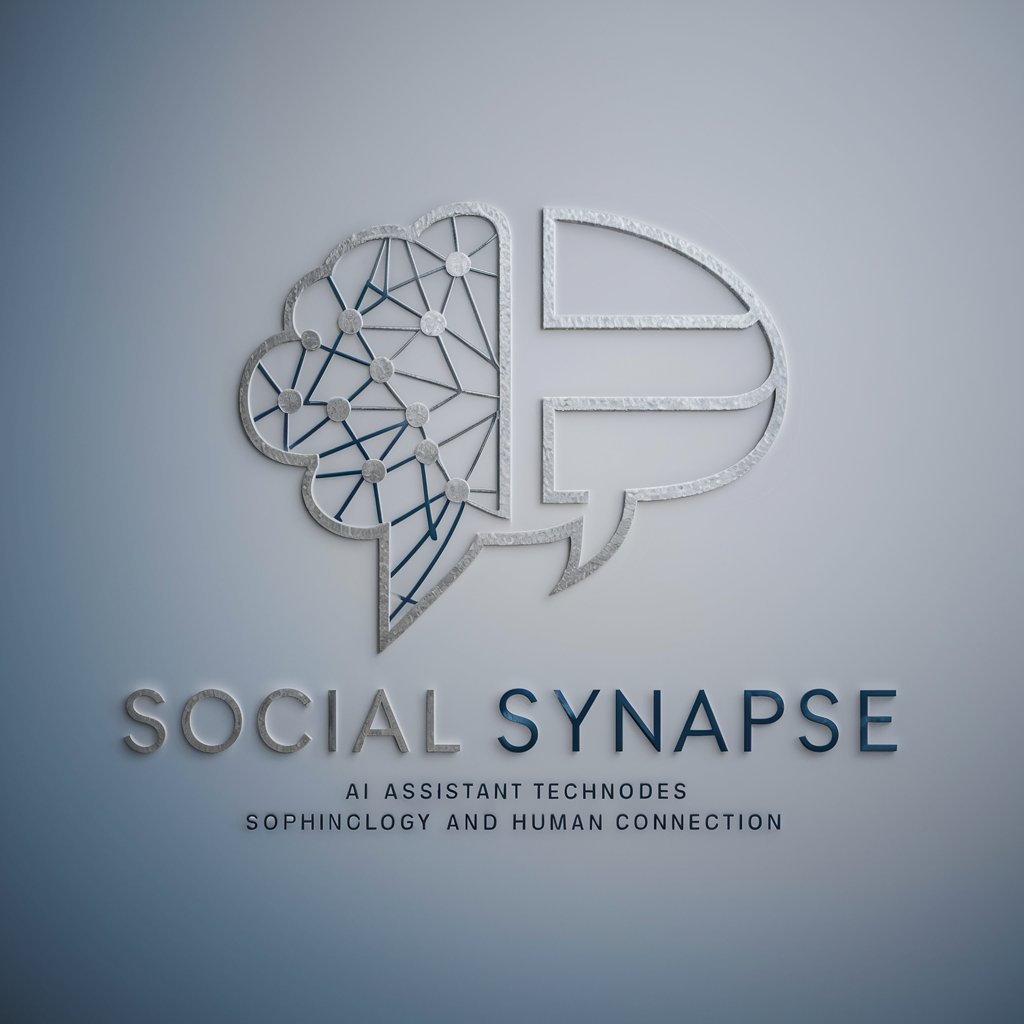
AI夢博士
Unlock your dreams with AI-powered insights

Sherlock SEO Assistant
AI-Powered SEO Enlightenment at Your Fingertips

English Translator
Bridging Languages with AI-Powered Precision
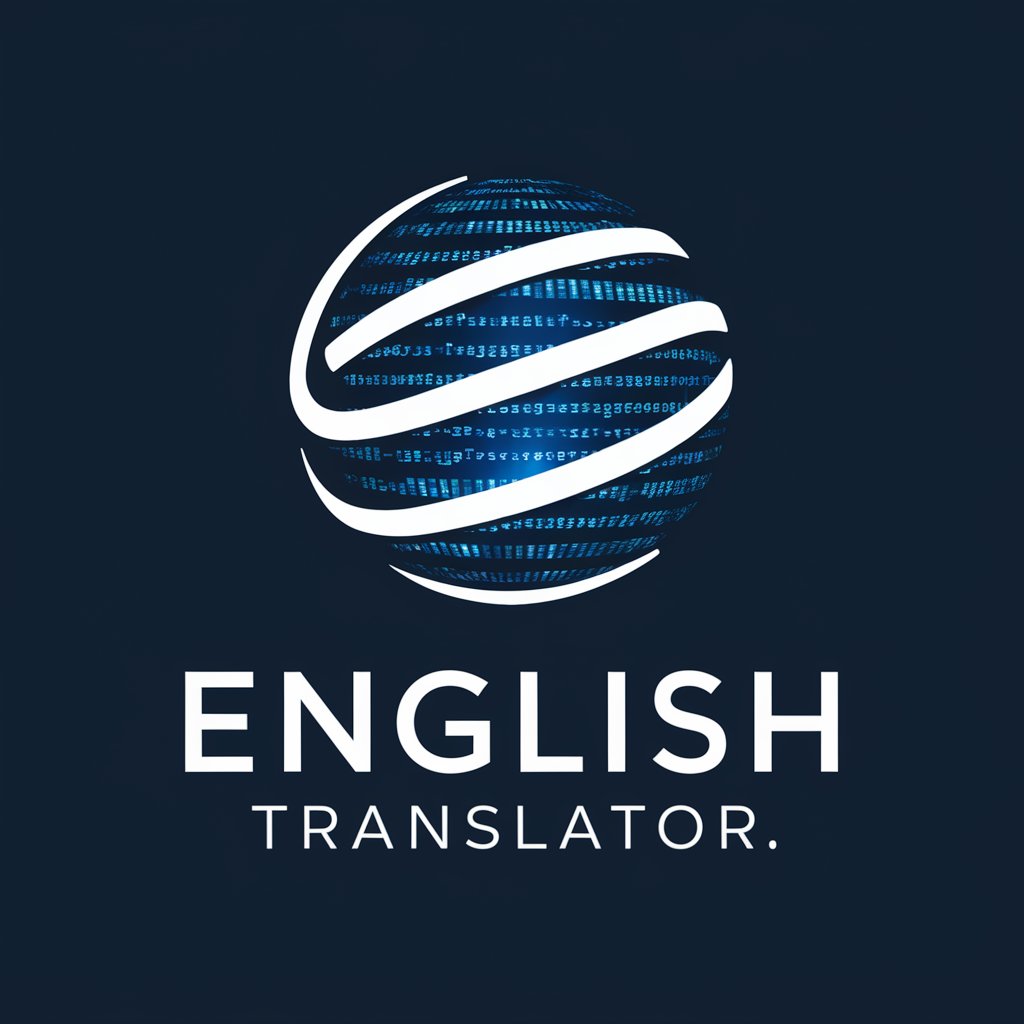
GIFTED KIDS
Imagine Art through a Child's Eyes

Frequently Asked Questions about Fact Checker
What types of claims can Fact Checker verify?
Fact Checker can verify a wide range of claims, including historical facts, scientific data, statistical information, and statements made in public domains like social media or news articles.
How does Fact Checker ensure accuracy in its verifications?
Fact Checker prioritizes information from academic journals, scholarly articles, and statements by recognized experts. It cross-references multiple sources and avoids unreliable content, ensuring high accuracy.
Can Fact Checker analyze claims from images or screenshots?
Yes, Fact Checker can analyze text from uploaded images or screenshots of tweets and other textual claims to provide fact-checking.
What should I do if Fact Checker cannot verify a fact?
In cases where Fact Checker cannot verify a fact, it's recommended to seek information from additional reputable sources or consult subject matter experts.
Can I use Fact Checker for academic or professional research?
Yes, Fact Checker is an excellent tool for verifying information for academic or professional research, ensuring the accuracy and credibility of the data used.